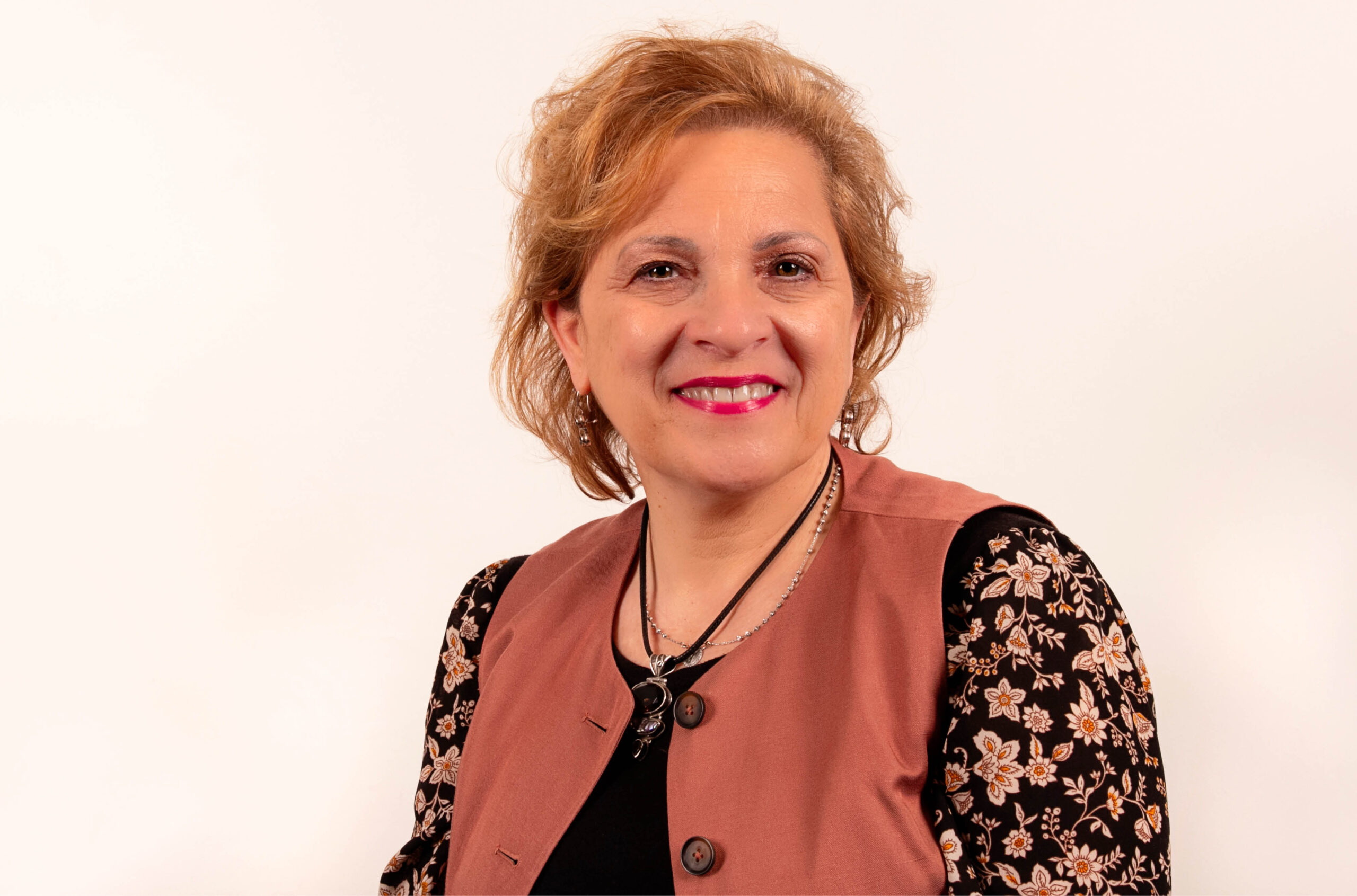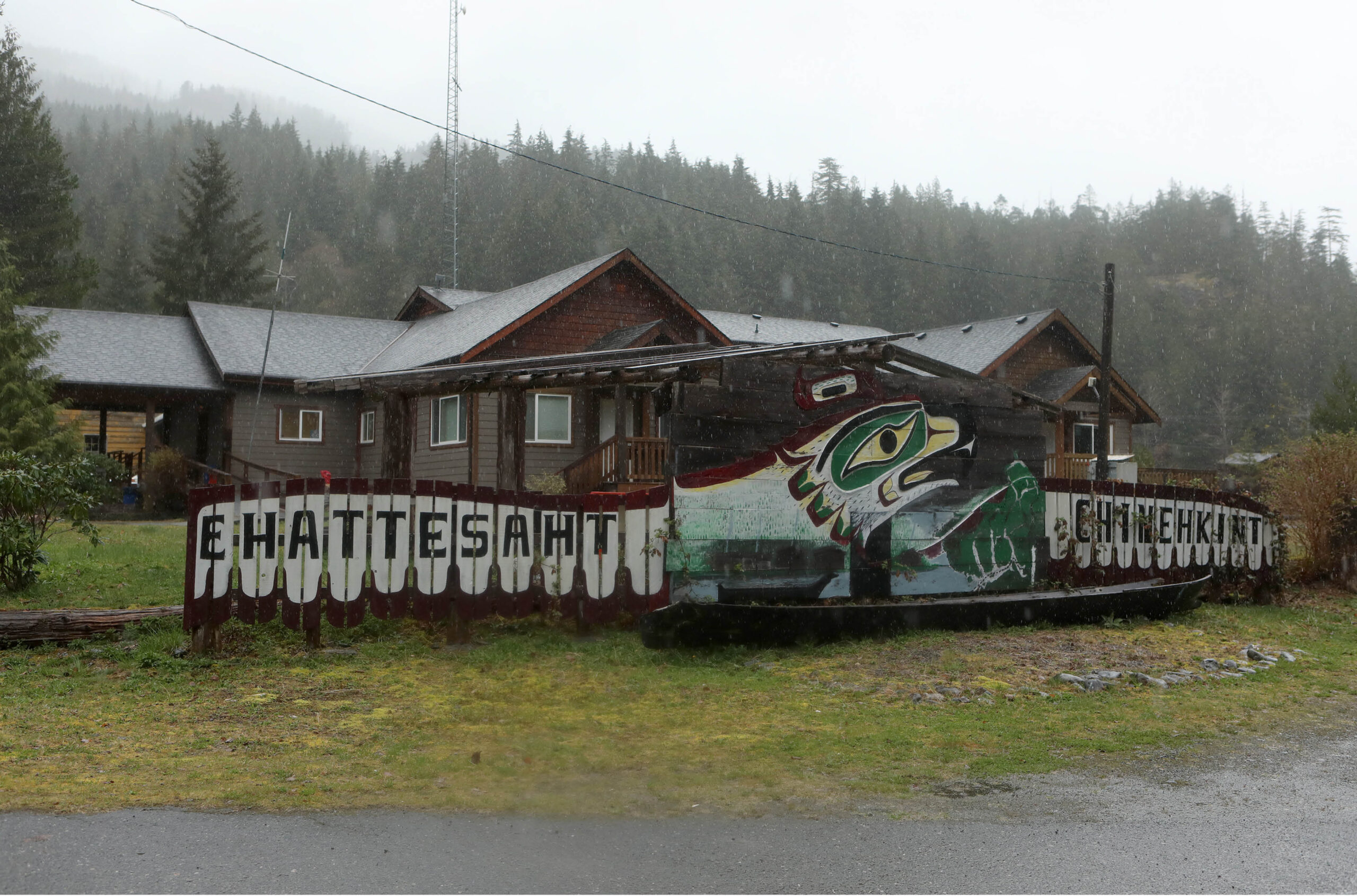New national Indigenous leadership association looks to support systemic change
Sense of isolation during the pandemic spurred effort to unite senior Indigenous administrators across Canada’s universities.

For many of us, summer 2020 was a time of fleeting pursuits, helping to ward off the boredom and isolation of the pandemic’s early days.
Jacqueline Ottmann and Michael Hart, however, spent that summer in pursuit of a more productive project.
In August, Dr. Ottmann – who was then vice-provost of Indigenous engagement at the University of Saskatchewan – picked up the phone and called Dr. Hart, who held the same position at the University of Calgary. She wanted to get the ball rolling on a long-discussed idea: an association to unite senior Indigenous administrators at Canadian universities.
“Especially during the pandemic, there were feelings of isolation,” explained Dr. Ottmann, who is Saulteaux from Fishing Lake First Nation in Saskatchewan. “It seemed like a good time to make progress on bringing this group together, which we’d been talking about for a long time.”
The result, announced in January, is the National Indigenous University Senior Leaders Association (NIUSLA). The association brings together 41 senior university administrators of Indigenous heritage from across the country. Drs. Hart and Ottmann – who is now president of First Nations University of Canada – are its first co-chairs. Its members include First Nations, Métis and Inuit leaders at 29 universities – from Memorial University in the east, to the University of Victoria in the west, to Yukon University in the north.
The association’s mandate is largely about building a supportive network in which senior leaders can share experiences and challenges as they “make and take space” – i.e., producing systemic change at their institutions, often without many Indigenous colleagues or sympathetic champions close at hand. It’s also about ensuring that Indigenization reaches every corner of the university – from procurement to human resources and beyond.
This work “requires navigating, creating and challenging policies, processes, structures and systems that may not be respectful or inclusive,” said Dr. Ottmann. And historically, she said, many policies pertaining to Indigenous faculty, staff and students were developed without Indigenous input. When Indigenous leaders did begin appearing on the scene, she said, “maybe some people in the university welcome that, but there may be others that are resistant.”
‘Real support’ vs. ‘lip service’
“You need to have people in leadership positions that take Indigenization seriously,” said Shelly Johnson, an associate professor at Thompson Rivers University and Canada Research Chair in Indigenizing higher education. Dr. Johnson, who is Saulteaux/Ojibway from Keeseekoose First Nation in Saskatchewan, is not involved in NIUSLA, but she is hopeful that it can strengthen the efforts of individual administrators who are often working more or less alone.
“Unfortunately, my experience has been that that there’s been a lot of lip service paid to Indigenization,” she said, “and often not a lot of real support.”
Dr. Johnson cited as an example her efforts several years ago to develop an Indigenous Research Methodologies course. She said she was successful in large part due to the backing and funding provided by Airini, who goes by one name, and was then dean of the interdisciplinary faculty of education and social work but has since moved on. “Her absence can be felt in terms of Indigenization efforts that she put forward that have now sort of morphed into something different, or with less funding. Without that funding at senior administration levels, it’s really difficult.”
Dr. Johnson suggested that an association like NIUSLA could be particularly valuable in lending support to administrators in non-tenured, non-union roles that are less secure and who may face pushback at the institutional level.
She also said NIUSLA could be valuable in situations such as the one currently facing her own university, where the faculty association this month initiated a no-confidence vote against university president Brett Fairbairn. At issue was the university’s handling of allegations that a vice-president and an assistant vice-president made racist, anti-Indigenous comments.
“It would be very helpful to have backup from an organization like this, representing administrators at other institutions,” Dr. Johnson said, “because the Indigenous advisors to this president and provost may find it difficult to comment when they serve at the pleasure of this president.”
Push to expand membership
An immediate priority for NIUSLA is to prepare for the National Dialogue on Indigenous Identity, to be held this March at FNUC. That event will address the longstanding problem of Indigenous identity fraud, which has been in the news again thanks to USask professor of community health Carrie Bourassa, who was put on leave from her position after her claims of Métis, Anishinaabe and Tlingit ancestry were called into question.
Read more: Universities look to combat ‘Indigenous identity fraud’ after string of recent cases
“We know that people have been falsely claiming Indigenous identity for centuries,” said Dr. Ottmann. “But now, when there are spaces… made specifically for Indigenous peoples, when there are grants and scholarships designated for Indigenous peoples, with that comes increasing concern of who is speaking for Indigenous peoples, and who is receiving these benefits?”
But it remains early days for NIUSLA. Right now, said Dr. Ottmann, the nascent association is still defining its terms of reference, figuring out its funding model and working out the best way to ensure that its diverse members – drawn from multiple First Nations, as well Métis and Inuit communities across the country – are well-represented.
The association is seeking to expand its membership, which is open to all Indigenous senior administrative leaders with campus-wide mandates – to better ensure it reflects the concerns and challenges faced by Indigenous university administrators across the country.
“[Our] diversity is vast, as is the distance between us,” said Dr. Ottmann. “This can be seen as a limitation, but I see it as strength.”
Featured Jobs
- Canada Excellence Research Chair in Computational Social Science, AI, and Democracy (Associate or Full Professor)McGill University
- Business – Lecturer or Assistant Professor, 2-year term (Strategic Management) McMaster University
- Veterinary Medicine - Faculty Position (Large Animal Internal Medicine) University of Saskatchewan
- Education - (2) Assistant or Associate Professors, Teaching Scholars (Educational Leadership)Western University
- Psychology - Assistant Professor (Speech-Language Pathology)University of Victoria
















Post a comment
University Affairs moderates all comments according to the following guidelines. If approved, comments generally appear within one business day. We may republish particularly insightful remarks in our print edition or elsewhere.